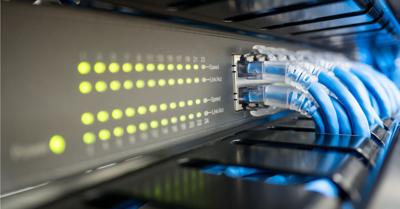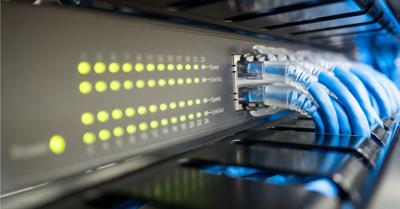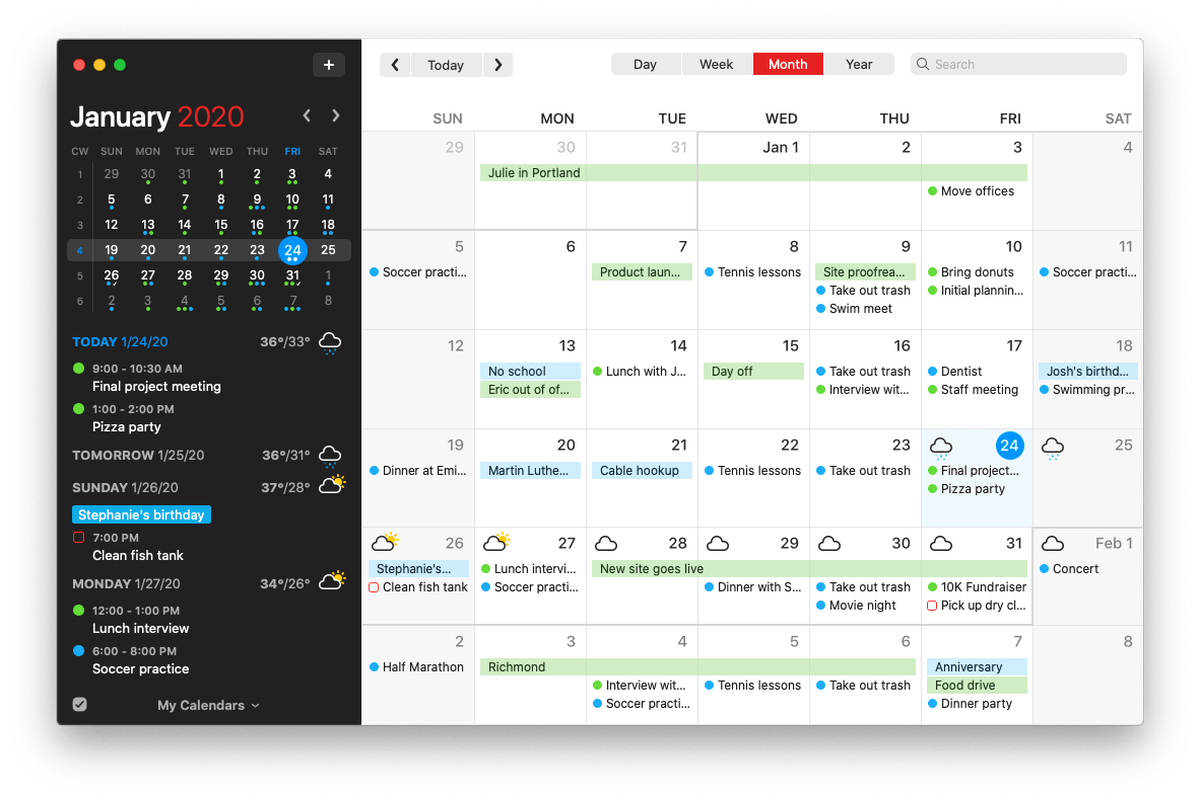

Two proposals geared to expand broadband Internet services to rural Michigan residents have passed the House.
Rep. Triston Cole, R-Mancelona, sponsored the bill package.
HB 4266 and HB 5266 would provide legal protections for state electric cooperatives to build and expand broadband networks using existing pole infrastructure and easements.
“This plan goes beyond just the concentrated areas and works to get needed technology like high-speed Internet to unserved areas and our rural communities,” Cole said. “Service providers traditionally don’t consider rural areas to be cost-friendly when expanding infrastructure.”
“The term we often hear with the reasoning not to expand into these areas is ‘low-density.’ But this technology helps attract business, increases tools for our children to learn, and creates growth. We need to pursue measures that can get it into the hands of more people and this legislation will do that.”
Cole told The Center Square that many cooperatives already have the infrastructure in place and will be able to reach unserved areas better if encouraged.
HB 4266 would allow fiber cable to be added alongside an electrical line on the existing infrastructure and the existing Right-of-Ways (ROW) of an electric cooperative.
Under the bill, lawsuits against an electric cooperative over easements would have a rebuttable presumption that there was no unreasonable burden on the property if the co-op could show one of four points that it followed regulations.
The proposal would require plaintiffs suing an electrical co-op to determine damages by actual property value diminution, not co-op revenue, that couldn’t exceed $3 per linear foot.
Cole said his proposal protects against legal issues that have stunted fiber Internet growth in other states.
A federal court in Missouri ruled in Barfield v Sho-Me Power Elec. Co-op. that the electric co-op breached easement agreements by adding fiber-optic cables to company poles without property-owner consent or compensation.
The plaintiffs won a $78 million settlement.
HB 5266 would ensure a level playing field for entities that enter into an agreement with co-ops to expand technology harnessing pole attachments, Cole said, to encourage rural broadband development.
“Right now, we’ve got cooperatives that are looking at subsidiaries to expand fiber networks to their rural electric customers that really have no other option,” Cole said. “This is nearly as transformative as when electricity was moved into these rural areas.”
The bill would require an electric co-op to provide its pole access to certain service providers and a resolution path, as well as uniform pole attachments for other entities that enter into infrastructure agreement with rural electric co-ops.
Cole said the proposal provides guaranteed protection for adding fiber-optic technology onto rural cooperative ROW, which would jumpstart education and job creation and growth, including remote work.
“This gives a lot of options for people to live, work and play here in rural Michigan,” Cole said.
The proposal would offer those furthering their education to have options to study at home, Cole said, rather than spending hours at a restaurant with wifi.
Truestream, a subsidiary of Great Lakes Energy, is expanding high-speed fiber to its rural electric customers across rural Michigan, offering download speeds up to one gigabyte per second, and a 12-megabyte package for about $38 per month.
Cole suggested that constituents reach out to their rural electric co-ops about expanding fiber Internet access.
The proposals moved to the Senate for consideration.
[“source=thecentersquare”]





